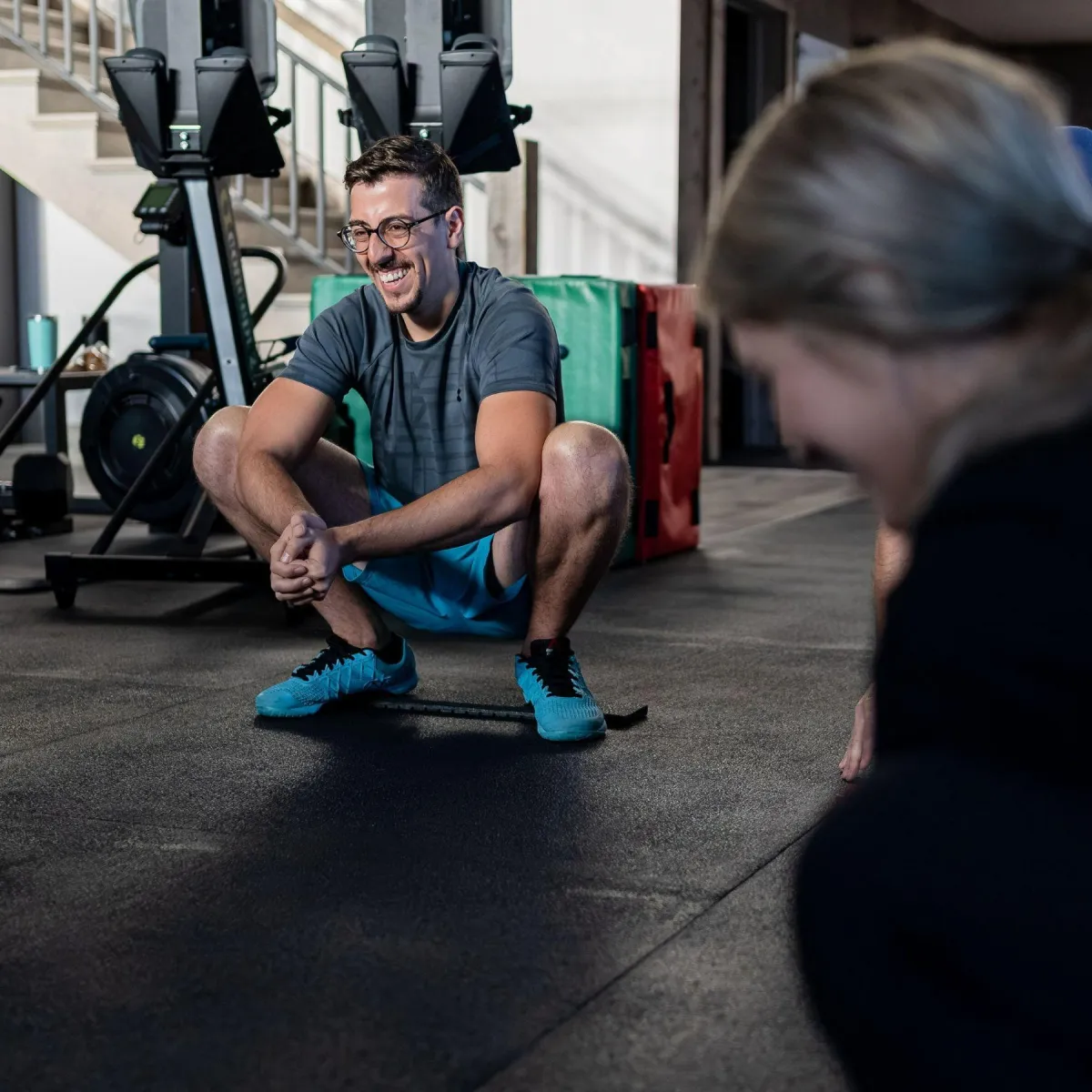
The Ultimate Checklist for Building a Dryland Training Program in Stittsville
The Ultimate Checklist for Building a Dryland Training Program in Stittsville
When you're building a team of strong, fast, and injury-resistant athletes, what you do off the field is just as important as what happens on it.
For Stittsville coaches, dryland training is the secret weapon. But most programs either go too hard on cardio, neglect strength work, or follow cookie-cutter workouts that don’t fit the sport or season.
So how do you build a smart, effective dryland training program that actually boosts performance — without burning your athletes out?
This checklist will show you exactly what to include, what to skip, and how to structure a program your players (and their parents) will thank you for.
✅ Dryland Training Checklist for Stittsville Teams
✅ 1. Start with Strength — Always
Field or ice time already covers conditioning. What most athletes lack is functional strength.
Your dryland program should emphasize:
Foundational strength training (squats, lunges, hinges, presses, rows)
Core and trunk stability
Progressive overload using bodyweight, bands, dumbbells, or sleds
Balanced push/pull movements
🧠 Stronger athletes hit harder, recover faster, and get injured less.
✅ 2. Keep Conditioning Minimal (Yes, Really)
Don’t overdo cardio. Your players are already sprinting, skating, and scrimmaging.
Dryland training should supplement, not duplicate, on-field work. Instead of long runs or bike sprints, include:
Short, sharp finishers (e.g., sled pushes, shuttle runs, med ball slams)
Movement efficiency drills (change of direction, reaction time)
Recovery-focused aerobic work only when needed (early pre-season)
🎯 Save the legs — don’t gas them before game day.
✅ 3. Train for Power & Speed — Not Just Endurance
Dryland is the perfect time to build explosiveness:
Jump training (box jumps, broad jumps, single-leg hops)
Med ball throws (rotational power, overhead slams)
Sprint mechanics and short acceleration drills
These develop the fast-twitch muscle fibers responsible for game-changing plays — the first step, the breakaway, the quick stop.
✅ 4. Make Mobility Non-Negotiable
If you want fewer injuries this season, this is a must.
Every session should include:
Dynamic warm-ups (hips, hamstrings, thoracic spine, shoulders)
Mobility flows specific to your sport
Corrective work for common team imbalances (ankles, knees, posture)
🛡️ Mobility isn’t “stretching” — it’s performance insurance.
✅ 5. Include Recovery and Movement Quality
Young athletes often move poorly before they move fast. Build from the ground up.
Teach proper squat, hinge, and lunge patterns
Use tempo training to slow things down and improve control
Include foam rolling, breathing drills, and cooldowns
Better movers = safer athletes + more efficient performance.
✅ 6. Customize to Age, Sport & Season
There’s no one-size-fits-all. What a U13 hockey team needs isn’t the same as a high school soccer team.
🔄 Adjust your dryland plan based on:
Sport (hockey, soccer, football, etc.)
Age group (younger kids vs. high school)
Season phase (pre-season, in-season, post-season)
Need help with this? Coaches in Stittsville are partnering with our team to handle the programming — and it’s changing how their athletes perform.
🧠 Bonus: What to Leave Out of Your Dryland Program
🚫 Long-distance running
🚫 Endless bodyweight circuits with no structure
🚫 Generic "HIIT" sessions from YouTube
🚫 Neglecting proper form or progression
More isn’t better. Better is better.
🎯 Ready to Build a Smarter Dryland Program?
At Between The Bumpers in Stittsville, we help coaches like you develop custom dryland training plans that build stronger, faster, more confident athletes — without wasting time or energy.
📩 Click here to request a free quote for your team.
We’ll review your season, sport, and athlete needs — then send you a customized dryland training plan built for real results.
📍 Serving teams across Stittsville and the Ottawa area.
Give your team the edge off the field that makes a difference on it.